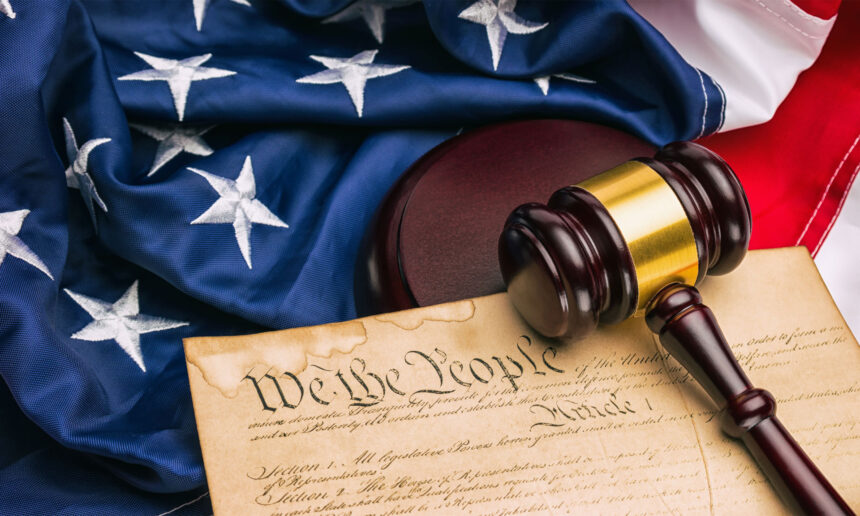Judeo-Christian law played a significant role in shaping the ideals enshrined in America’s founding documents. The United States, a nation built on liberty, equality, and justice, drew inspiration from these very concepts within this legal tradition. While the Enlightenment philosophers undoubtedly influenced the Founding Fathers, the influence of Judeo-Christian law shouldn’t be underestimated.
Concepts of Fairness and Morality
Both Judaism and Christianity emphasize a legal code that dictates right and wrong. This idea of a higher law informs the concept of natural law, a principle that underpins the Declaration of Independence. Founders like Thomas Jefferson believed that certain rights, like life, liberty, and the pursuit of happiness, are inherent and come from a divine source, not from a king or government.
The Importance of the Individual
Judaism teaches the sanctity of human life, while Christianity emphasizes the worth of each soul. These ideas resonate in the Declaration’s assertion that “all men are created equal.” This wasn’t a reference to economic equality but a recognition of inherent human dignity that transcended social class.
Limits on Power
The Judeo-Christian concept of a covenant between God and humanity informs the idea of government by consent. Just as the Israelites agreed to follow God’s laws, the social contract theory suggests that the people give power to the government with the expectation that it will uphold their rights. With its checks and balances, the Constitution ensures no one branch becomes tyrannical.
It’s Not a Theocracy
It’s important to remember the United States is not a theocracy. The founders, many of whom were themselves religious, purposefully avoided establishing a state religion. The First Amendment’s guarantee of freedom of religion reflects their belief in a diverse and tolerant society.
Judeo-Christian Law Shapes a Nation
The influence of Judeo-Christian law is woven into the fabric of America’s founding documents. It’s not about imposing religious beliefs but about the ethical framework that informed the core principles of liberty, equality, and a just government. Understanding this connection allows for a richer appreciation of the foundations upon which the United States was built.
Learn more about our founding documents at the National Archives.
You may be interested in more patriotic blog posts, such as Red Skelton’s Pledge of Allegiance and The Good Citizen Project.


